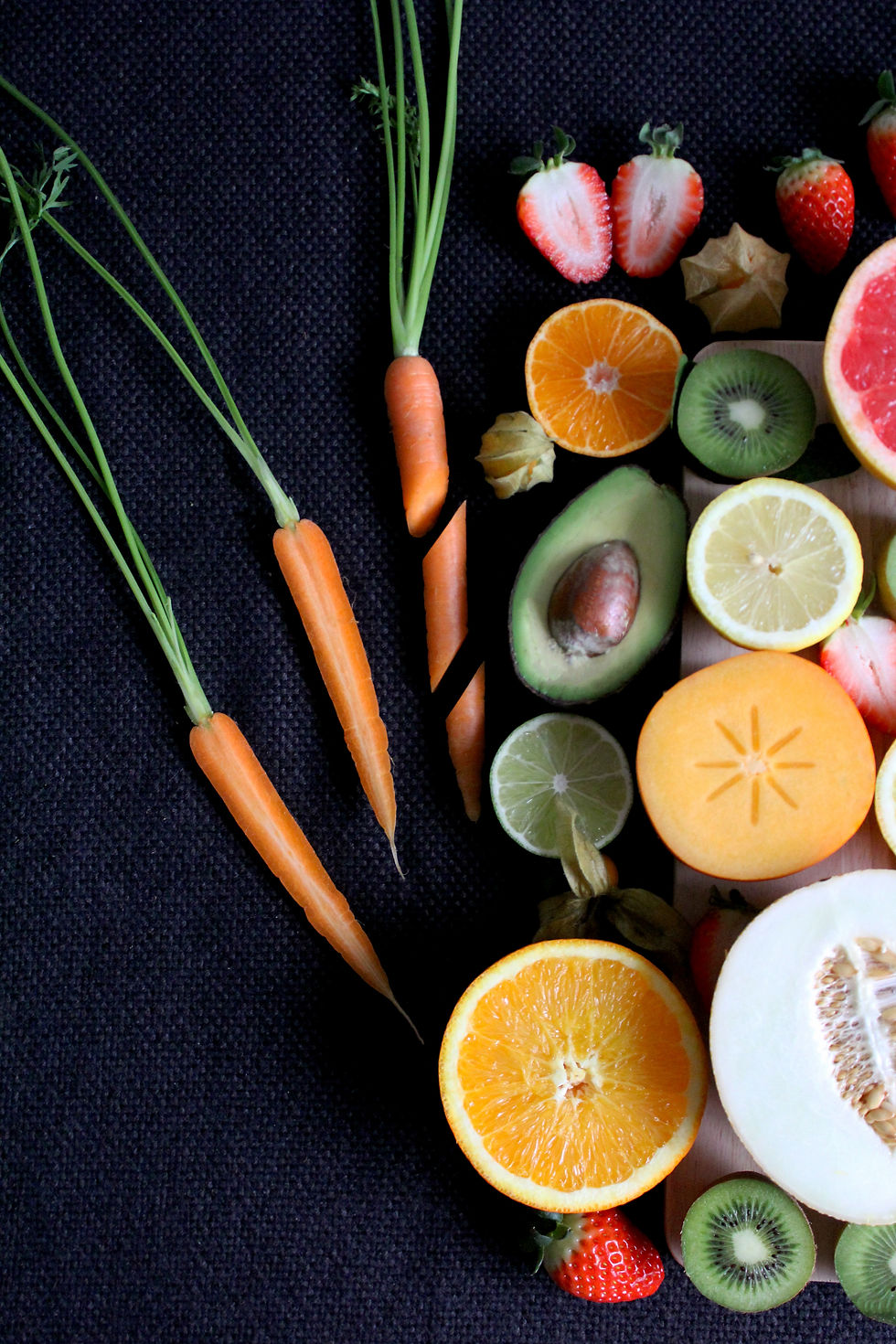
Maybe you’re trying to conceive, maybe you’re already expecting, or maybe it’s your 2nd little one on the way, mom brain’s got you in a fog, and you need a quick review. Whatever the reason you’ve stumbled upon this blog, you’ve come to the right place for some helpful tips and information that Strong as a Mother has compiled to help you ensure healthy nutrition for you and your baby over the next 40 +/- weeks of your pregnancy journey.
Keep in mind that the American Pregnancy Association recommends implementing good nutritional habits about 3 months before trying to conceive. If you’re already pregnant and no one ever told you this little tidbit of information, you’re not alone. With that said, the sooner you can get the right amounts of the following nutrients into your diet, the better for both mama and baby.
Vitamins and Elements
Let's face it, even while eating a well-rounded diet, it may be challenging for you to get all the necessary vitamins and elements you may need during your pregnancy without taking prenatal vitamin as a supplement. Listed below are some of the vitamins and elements recommended by the American College of Obstetricians and Gynecologists to maintain good nutrition for your growing belly and baby.

Folic Acid - 600 micrograms (mcg) of folate or folic acid each day.
It is especially important during the first trimester of pregnancy to help prevent brain and neural tube defects such as spina bifida. If you have a family history of this condition, your physician may recommend additional amounts. Sources include: dark green leafy veggies, citrus fruits, nuts, legumes, fortified products such as some breads and cereals.
Calcium - 1000 milligrams (mg) daily for moms 19 years and older, 1300 mg for teenage moms ages 14-18.
Your baby’s growing bones and teeth inside you draws on your body’s calcium levels. The good news for you is that your increased levels of estrogen during pregnancy help to protect your bones, and pregnant women absorb calcium better from calcium rich sources than non-pregnant women. Good sources of calcium include canned sardines and salmon with bones, low fat dairy options, tofu, almonds, and dark green leafy vegetables
Vitamin D - 600 International Units (IU) each day.
This vitamin helps your body absorb calcium. Our body’s do not naturally make vitamin D so we rely on outside sources for it. Sources include sunlight exposure, egg yolks, fortified dairy products, and some fatty fish like salmon.
Iron - 27 milligrams (mg) each day.
*This amount is often found in prenatal vitamin tablets. This element helps your body to make extra blood for you and baby during pregnancy, and you actually need about 50% more of it while you are pregnant compared with before. It also helps your blood cells maintain their oxygen transferring capacity. If you are found to be iron deficient and need additional supplementation, do know that Vitamin C helps with absorption of iron (sources include citrus fruits/tomato).
Omega 3 Fatty Acids - 300 mg of DHA each day.
These long chain polyunsaturated fatty acids, namely EPA (eicosapentaenoic acid) and DHA (docosahexaenoic acid), support fetal brain, eye, nervous system and growth, positive moods and well being in mom, as well as healthy immune system function. The list really goes on with this one. Since its main sources are cold water fish like salmon, tuna and sardines, mercury remains a concern. Because of this, the American Pregnancy Association suggests a purified fish oil supplement.

What about weight gain?
If your BMI is within normal range (18.5-24.9) prior to conception, then ACOG recommends gaining between 25-35 lbs during the pregnancy. Underweight women (BMI less than 18.5) should gain between 28-40 lbs. Overweight women (BMI 25-29.9) should gain between 15-25 lbs, and obese women (BMI 30 or more) should gain about 10-20 lbs.
What does this translate to for daily caloric intake during the pregnancy? If your BMI is within normal range, it will mean eating around 1800 cals/day during the 1st trimester, 2200 cals/day during the 2nd trimester, and about 2400 cals/day during the 3rd trimester. Most of the weight will pack on during those 2nd and 3rd trimesters. It’s totally appropriate for you to only gain from 1-4 lbs during that first trimester.

How about my vices?
Caffeine - Limit to 200 mg daily (1 12 ounce cup of coffee, for example, or less)
Alcohol and Smoking - Avoid completely.

Other Considerations:
Avoid undercooked meats, unpasteurized foods/beverages, and undercooked eggs and fish due to increased risk of food-born illness that could potentially harm your baby via bacteria such as listeria (linked to stillborn, preterm births or newborn death) and toxoplasmosis, which is linked to mental disability and blindness.

Twins and Multiples Pregnancies:
Additional guidelines may apply if you are carrying multiples. For healthy multiples pregnancies, additional amounts of the above vitamins and elements may be recommended by your healthcare provider for you and should be discussed early on in the first trimester once a multiples pregnancy is confirmed. Weight gain considerations will understandably be adjusted as well. For example, for normal BMI women, recommended weight gain for a twins pregnancy is about 37-54 lbs, 31-50 lbs if you are overweight, and 25-42 lbs for obese women.

Exercise:
30 minutes of moderately intense activity most days are recommended during a healthy pregnancy. I can't wait to share more information about this, so stay tuned and see more information about exercise and pregnancy on a future blog post!
DISCLAIMER:
As I will always recommend, you should speak with your individual health care provider about your individual nutritional and activity needs during your pregnancy, but hopefully this information will help point you in the right direction to help fuel a healthy pregnancy, labor and birth of your precious baby(ies). Also, all the above nutritional guidelines came from reputable sources, check them about below!
The final point I'd like to make is that when it comes to nutrition and weight gain during pregnancy, choosing a variety of healthy foods with less saturated fats and refined sugar are always important. Make the effort to choose whole foods over packaged, heavily processed items.
I hope that you enjoyed our first blog post. May you be strong as a Mother today, and every day!
Sources that I used for my information on pregnancy nutrition and exercise are listed below for further guidance, information and reference.

Comments